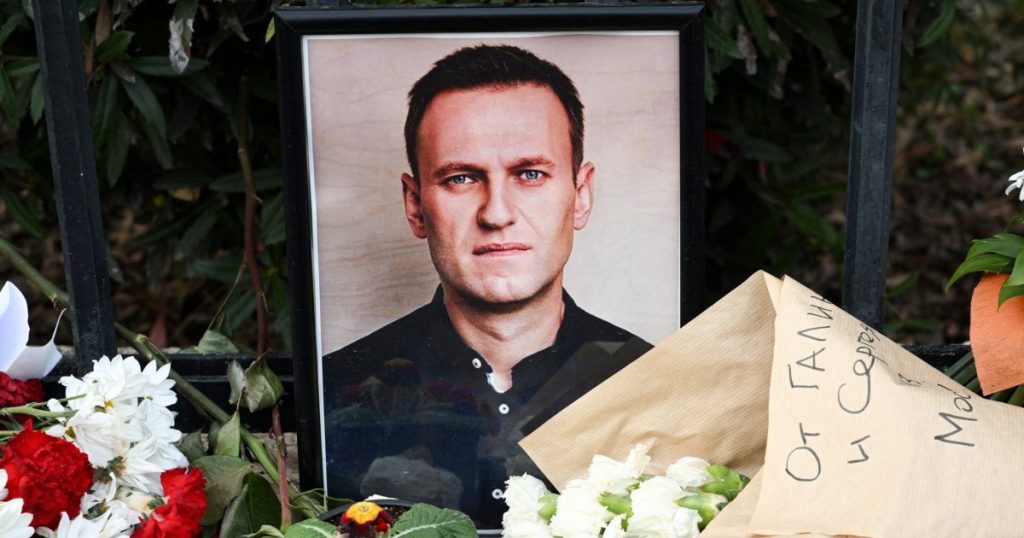U.S. intelligence agencies have concluded that Russian President Vladimir Putin likely did not directly order the killing of Alexei Navalny at a remote penal colony in February, although the circumstances of Navalny’s death remain unclear. By sending Navalny to the high-security penal colony in a remote Arctic town, the Kremlin essentially imposed a death sentence on the opposition leader. The assessment does not absolve Putin of responsibility for Navalny’s fate, but rather suggests that he did not specifically call for his killing at that time, according to sources familiar with the matter. Despite this, President Joe Biden stated that Navalny’s death was a result of actions by Putin and his allies.
Navalny’s death at the age of 47 while serving a 30 ½-year prison sentence dealt a significant blow to Russia’s opposition movement, which has faced harsh suppression by the Kremlin. Navalny, Russia’s most prominent dissident, had previously been poisoned with a military nerve agent, Novichok, during a trip to Russia in 2020. This incident was blamed on Putin and Western officials, and was similar to a 2018 assassination attempt in the UK involving the use of Novichok. Russia has consistently denied involvement in Navalny’s poisoning as well as his subsequent death in prison in February, despite mounting international pressure and evidence suggesting otherwise.
Prior to Navalny’s death, there were discussions about a potential prisoner exchange involving Navalny and Americans detained in Russia. Navalny’s allies believe that Putin had the dissident killed in order to prevent the proposed prisoner swap that would have resulted in his release. While the exact circumstances surrounding Navalny’s death are still uncertain, the intelligence community’s assessment points to a broader consensus across different agencies. The Wall Street Journal was the first to report on this assessment, with the CIA and the Office of the Director of National Intelligence declining to comment on the matter.
President Biden’s statement following Navalny’s death emphasized that while the exact details were unknown, it was clear that Putin and his associates played a role in what transpired. Russia’s Federal Penitentiary Service had initially stated that Navalny died after feeling unwell following a walk, but questions surrounding the circumstances of his death persisted. The death of Navalny at the Arctic penal colony underscored the dangers faced by political dissidents in Russia, where opposition voices have long been met with suppression and violence.
Navalny’s legacy as a leading voice of opposition in Russia continues to inspire activists and political dissidents around the world. His death galvanized international condemnation of the Russian government’s actions and raised questions about the state of democracy and human rights in the country. Despite the ongoing denial by Russian authorities of any involvement in Navalny’s poisoning and death, the intelligence community’s assessment suggests a deeper understanding of the role played by Putin in the fate of the opposition leader. The impact of Navalny’s death on the future of Russia’s opposition movement and the country’s political landscape remains to be seen.


